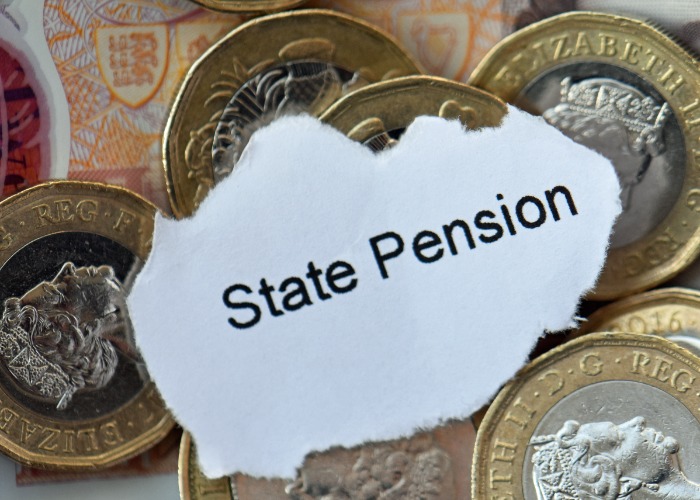State Pension pay: only half receive the full weekly amount

Around 150,000 retirees receive a State Pension of less £100 per week, while 5,677 people get less than £10 a week, shocking new analysis reveals.
Thousands of people are receiving a State Pension of less than £10 a week, according to a shocking analysis of official data.
Royal London discovered that only half the 3.5 million recipients are paid the full weekly amount of £203.85 and others are handed much less.
Its research discovered that 150,000 pensioners receive less than £100 a week – 17,000 getting below £20 – due to gaps in their National Insurance record.
According to Sarah Pennells, head of financial capability at Royal London, the figures illustrate how many pensioners receive only a fraction of the full State Pension.
“The good news is that, even if you have gaps in your National Insurance record going back over a decade or more, it may still be possible to top up your National Insurance contributions and increase the amount of State Pension you’re entitled to,” she said.
Your first step is to check your State Pension forecast online.
Worrying picture
The pension payment crisis was revealed after Royal London accessed data from the Department for Work and Pensions for 2023.
These figures showed only around half (1,737,342) of the 3,407,567 people receiving the new State Pension were given the full weekly amount of £203.85 last year.
Even more worryingly, 149,317 pensioners had reached the State Pension age from April 2016 who were receiving a State Pension of less than £100 a week – or £5,200 a year.
The data also showed that 17,546 pensioners received less than £20 a week, while 5,677 people were being given less than £10 a week.
One of the main reasons for the low payments is having gaps in their National Insurance records, according to Royal London’s Sarah Pennells.
“You don’t get any State Pension at all if you have fewer than 10 years’ National Insurance, so it’s important to check your National Insurance contribution record,” she added.
Pension rules
Men born on or after April 6, 1951, or women born on or after April 6, 1953, can claim the new State Pension. The current State Pension age in the UK is 66 for both men and women.
The rate of new State Pension increases from April each year under the triple-lock which is designed to keep up with rising prices and wages.
To get the full amount, people reaching State Pension age from April 6th 2016, need to have paid, or been credited with, 35 years of full National Insurance contributions (NICs).
Those with fewer than 35 years behind them get a proportionately smaller State Pension, which means they could end up receiving far less than they expected.
Pensioners on a low income may be entitled to claim Pension Credit, which can be worth approximately £3,900 a year.
However, Royal London pointed out it’s estimated that 800,000 people over the State Pension age are not currently claiming this benefit.
The DWP allows people to boost their retirement income by making extra National Insurance contributions to compensate for missing years.
Usually, an individual can only fill in gaps from the previous six tax years, but, until April 2025, those entitled to the new State Pension may be able to fill in gaps back to April 2006.
You can learn more in our guide to topping up your State Pension.
Comments
Be the first to comment
Do you want to comment on this article? You need to be signed in for this feature